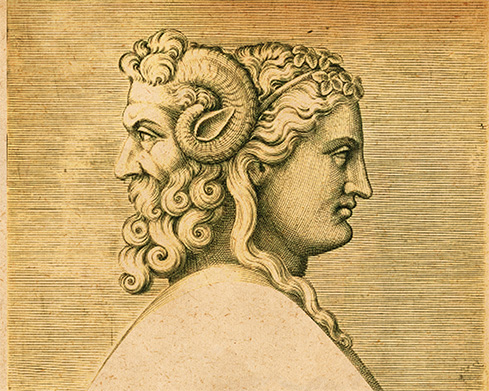You completely missed the point of Soberana’s essay, although I still have to translate the other half. To put it in philosophical terms, whites are dying because they fell prey of ‘the Empire of the yin’. What whites need is that the pendulum strikes back all the way toward the savage Yang.
Why? For the simple reason that the yin inertia has moved the West so far to the Left that the pendulum must return with vengeance to the other extreme of the pendulum’s arc: the ultra-Right.
To put it in musical terms I’ll rephrase Pierre Boulez, who conducted The Rite of Spring when I was much younger. In a very astute review of Stravinsky’s most famous opus, Boulez said that it represented an explosive return to the barbaric invasions of yore, if compared to classical music.
You also have to read what Pierce says about the Vikings in Who We Are, which is about the same that Soberana says. On this site I have complained a lot that those whites who fancy themselves as protectors of their race haven’t read Pierce’s only non-fiction book. Sometimes I caress the idea of not bothering to reply to commenters who have failed to read it.
 I would recommend listening to The Rite of Spring and compare it to, say, the classic music of Hayden or Mozart. Tell me which spirit contemporary Aryans will need in the coming Revolutionary times: classicism or a return to horned barbarism?
I would recommend listening to The Rite of Spring and compare it to, say, the classic music of Hayden or Mozart. Tell me which spirit contemporary Aryans will need in the coming Revolutionary times: classicism or a return to horned barbarism?
4 replies on “The Rite of Spring”
‘In the Hall of the Mountain King’ is also quite appropriate to describe the buildup of rage that is bound to come.
I totally disagree. Grieg’s music does not convey the feeling of wrath (only the lyrics of the song in Peer Gynt that accompany such music convey rage).
Well, the music is meant to convey the rage of the mountain king towards Peer, as he does not want to join them completely.
But there are many layers to this play, as in most of Ibsen’s writings. Peer is an anti-hero, true only to the egotistical self, and always living up to the Bøyg’s “Go around!”.
The rage of the mountain king towards Peer because he refuses to commit, is a rage I can well understand.
As for Grieg’s interpretation of the rage, it hits a nerve with me.
So let us just agree to disagree.
I really doubt that most people can project any rage when listening to Grieg’s music, compared to the use of percussions, and especially the timbals, in the fortest measure bars of Le Sacre du Printemps.